

democracy and damaged processes
Small, robust and fair processes are the core machinery of good democracy.
Although there have been a number of overlapping ‘statements of intent’ to protect democratic process in treaties, constitutions, statutes, and precedents around the world, the activation of those protections relied heavily on the integrity of the people who were running the governments at that time. Leaving the gaps in regulation has now presented significant threats to democracy around the world.
Without specific mechanisms for oversight, measurement and remedy, the decades since the mid 1970’s have seen increasing boldness by the people in government to manipulate or ignore the stated democratic protections. The actions of some recent governments have shown the profoundly negative consequences of placing confidence merely in the good intentions of leaders and people in power.
The low quality of governments, can be traced directly to lax rules controlling the functional machinery of democracy. Corruption and concentrated power act through the stacking of committees, exceeding reasonable campaign funding levels, disinformation, stuffing ballot boxes, hiring friends, skimming funds or taking bribes. Therefore the rules governing these processes, must always anticipate bad behaviour and place barriers to remove and prevent it's harmful effects.
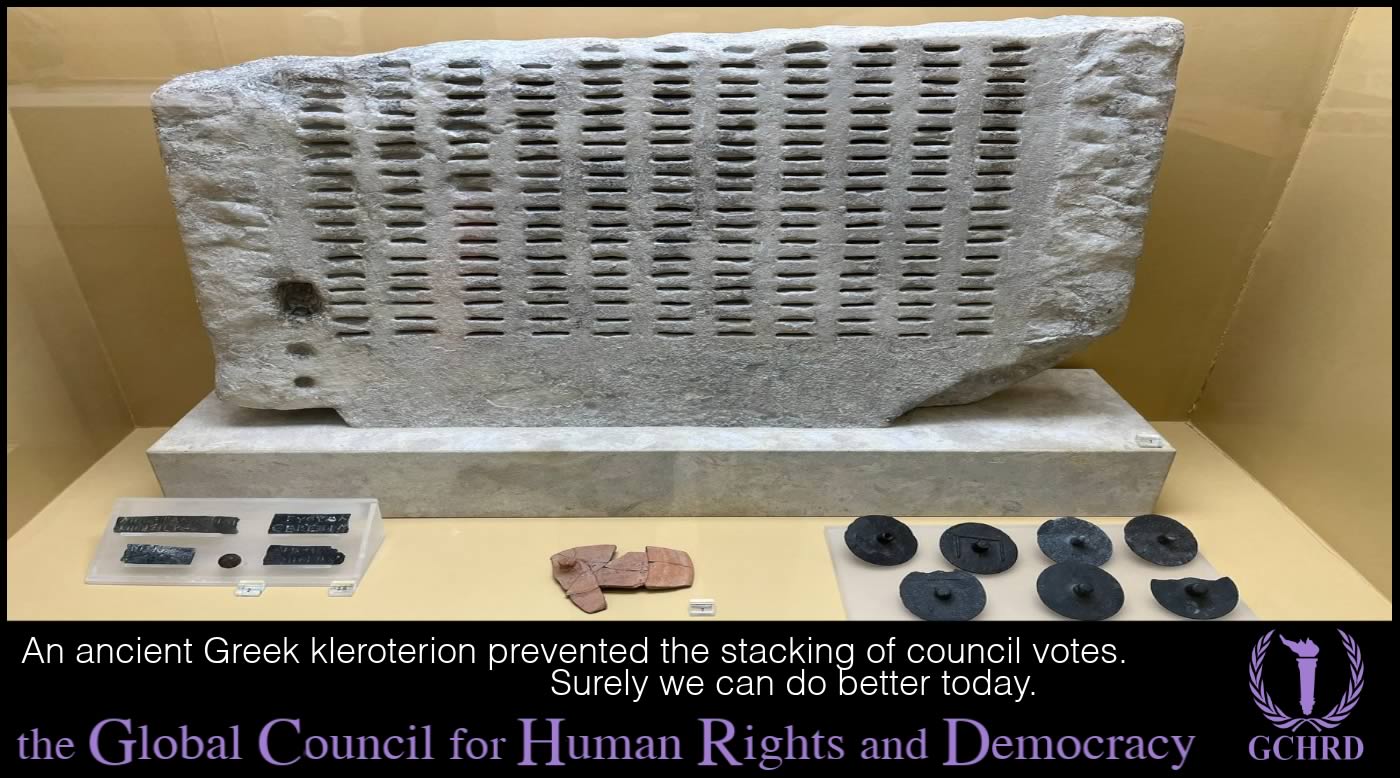
2500 years of democracy has provided ample data on the common behaviours associated with abuses of democratic process. We know how to define those destructive or autocratic behaviours in law. We know how to include those definitions in regulations to remove the offenders from present and future interference with the democratic will of the people. We must make sure regulations of this quality are always used, in every level of government, everywhere, and at all times.
The time has come for international treaties on minimum standards of democratic process. A small set of politicians are now openly defieing unwritten conventions of governance, policy, and justice. Not only must these gaps in regulation be closed, but the changes need to happen quickly. The playbook for dismantling a democracy is currently being televised and the next government in weak democracies everywhere will not hessitate to use it.
policy neutral solutions
There are many different expressions of democratic government in operation around the world. International standards of democratic process are not a means of imposing policy or ideology on any democracy. The standards are intended to improve the expected fair outcomes of process and to curb bad human behaviours that circumvent functional elements of democratic process. These elements are common to all democracies and are policy neutral.
high quality outcomes
Consider for a moment the 100 most abusive or corrupt leaders in the world. Even a cursory analysis of their behaviour or election will show that implementing just 5 certified standards would provide grounds to remove all of the worst offenders from power, often before they committed higher crimes.
• require factual public discourse
• certified fair election process
• strict and low limits on campaign funding
• regular elections
• conflict of interest prohibitions
Although this is a simple list, robust regulation for these easily defined goals, perhaps not more than a few pages of text, do not exist in most democracies. Neither does an international enforcement treaty to remove offenders from the field.
Now consider how the world might be a different place if these regulations were in place for the last 30 years. Democracy is currently suffering blows from every direction. Even this short list of regulations would add significant and durable strength.
under review
The following are examples of the range of democratic procedures and problems where the
integrity in public discourse - the single biggest factor damaging democracy at the present time, is the ability of a small number of sources to pollute and skew public discourse to such an extent that absurd results, polarization, and even open violence ensue. Although the Internet has provided new tools to amplify the uptake of false information, the underlying human behaviour has always existed; the willingness to damage or destroy the entire system for short term, personal gain.
Fortunately we have a model for successfully addressing this behaviour. We even have a common phrase that captures the negative ethics involved; snake oil salesman. The early decades of the industrial era saw many businesses, big and small, resort to disinformation to give themselves an unfair advantage in the marketplace. Snake oil sold as a health remedy came to characterize this mode of destructive selling.
In the early industrial economy, this profound lack of trust was found to be damaging to commerce in a variety of ways that negatively affected the economy at large and the livelihood of fair minded individuals in particular. The solution was a series of regulations that restored trust to transactions and business communication; contract law, fraud prosecution, civil liability, product standards, advertising regulation and consumer protections. All of these regulations addressed the need for truth and facts in the economy.
Similarly today, the market of democratic ideas is being gamed by liars and fomentors, and needs the same protections afforded to the economy. We have centuries of case law that effectively restricts this negative human behaviour in the business context. Now we must transfer these protections to civics, public discourse and democratic process.
Any person, company, or institution, that assumes a public profile or is in the business of transmitting information for public consumption, must conform to a set of standards to protect truth and fact in public discourse, and failure to do so should attract the highest penalties, with swift and decisive action to permanently remove offenders from the field.
Some progressive politicians simply use the existence of opponents who disinform, to make themselves look better. True proggressives would enact regulation to remove the lies and protect public discourse. Media that use fomenting as headlines without clearly and repeatedly defining the infraction, are also part of the problem.
Allowing lies and fomenting to damage public the discourse of a society for personal gain, must be codified as a high crime.

the right to vote - easily accessible voter registration, voter intimidation prohibitions, oversight to block voter suppression, barrier free access to voting, vote privacy
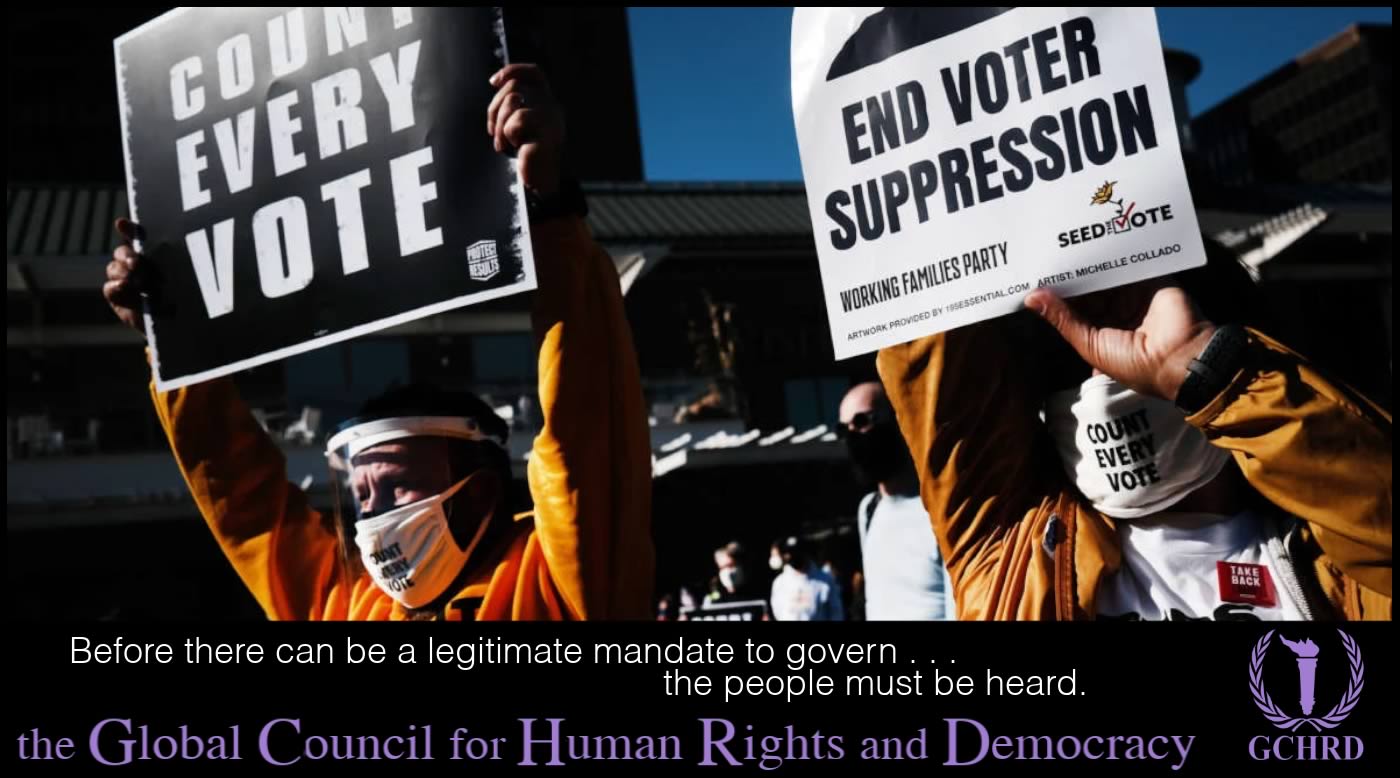
voting systems - as election cheaters become more sophisticated, the exploitation of systemic flaws in voting systems is on the rise. First-Past-the-Post should certainly be on the way out, but common complaints about Approval Voting Systems are red herrings and have blocked progress in better voting system development and adoption.
There is certainly a list of concerns about ranking systems that range from theoretical to practical. However, if we accept that perfection is not a practical goal, and prioritize the goals of maximizing simplicity, clarity and representation, we can certainly write a small set of understandable exception handling regulations, that err on the side of fairness. We can certainly write a set of rare exceptions with smaller consequences, than the recurring problems of First-Past-the-Post. This should be a reason for action, not an excuse for inaction.
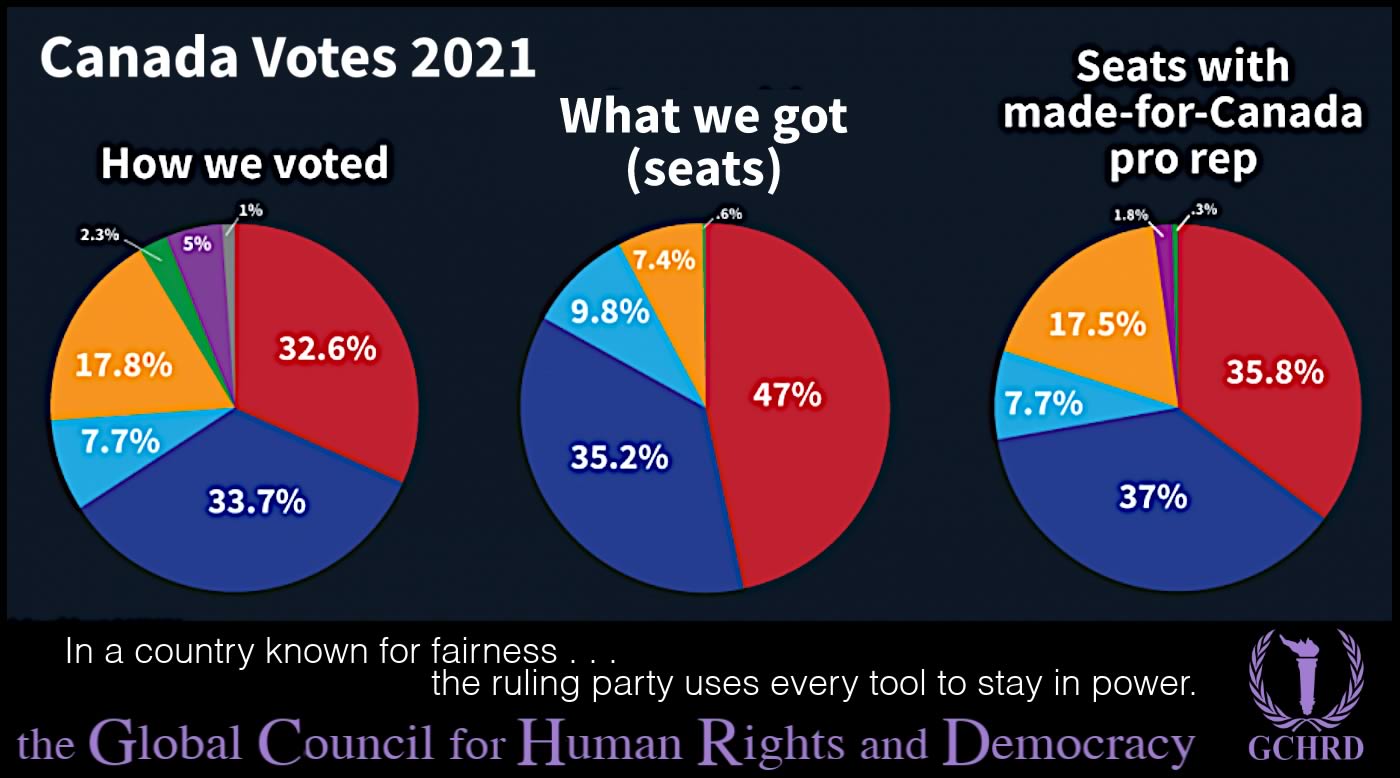
elections - referenda standards, regularity of elections, optimizing electoral districts, gerrymandering protections, election advertising, ballot design and control, ballot stuffing, vote security, vote counting & scrutineers, vote verification and transparency, mandate authentication, recounts, penalties for fraud
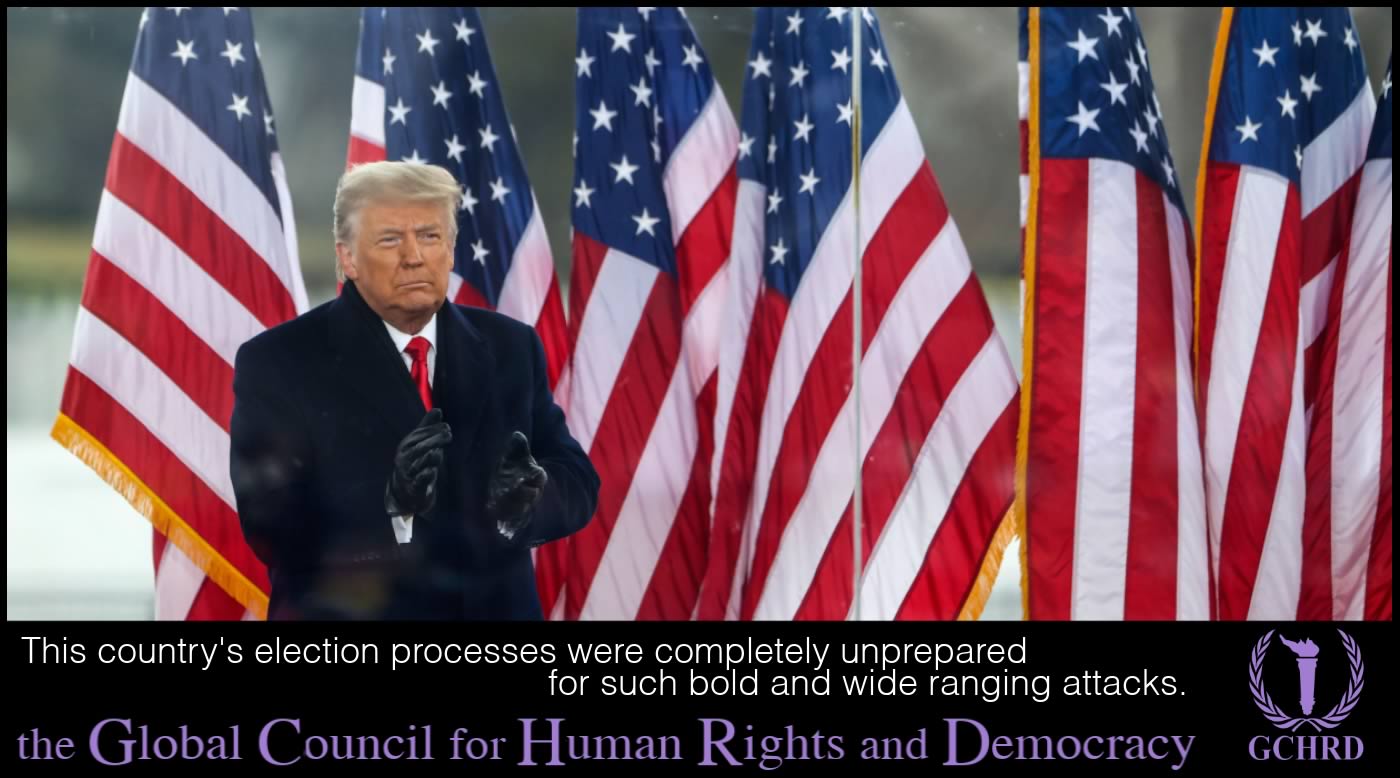
political activity - political party registration, barriers to new parties, candidate selection, campaign funding, campaign advertising, political action groups, recall of elected officials, term limits, truth in political party platforms, enforcement of and standards for campaign promises, fomenting as a high crime, banning from political office
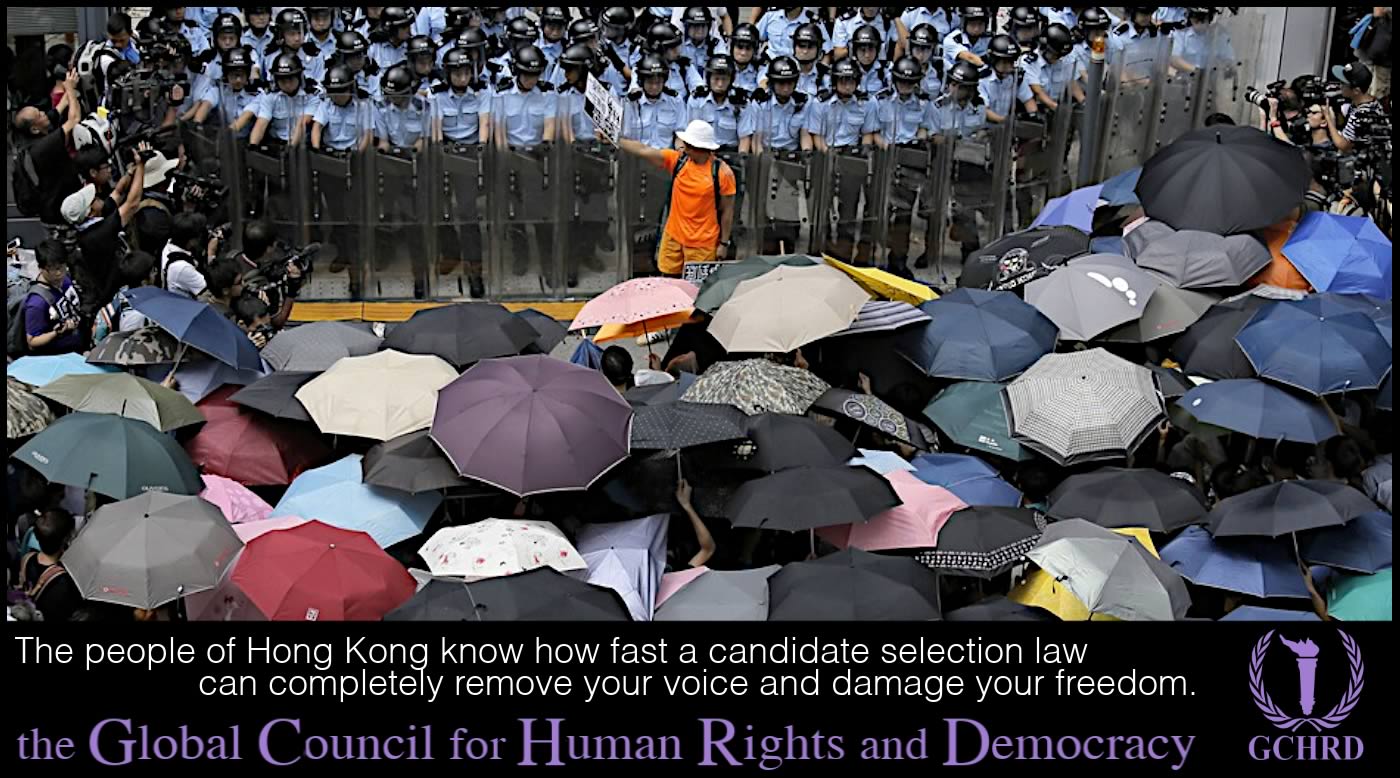
governance structure - constitution design, constitution reform, constitution amendment, division of powers, independent judiciary
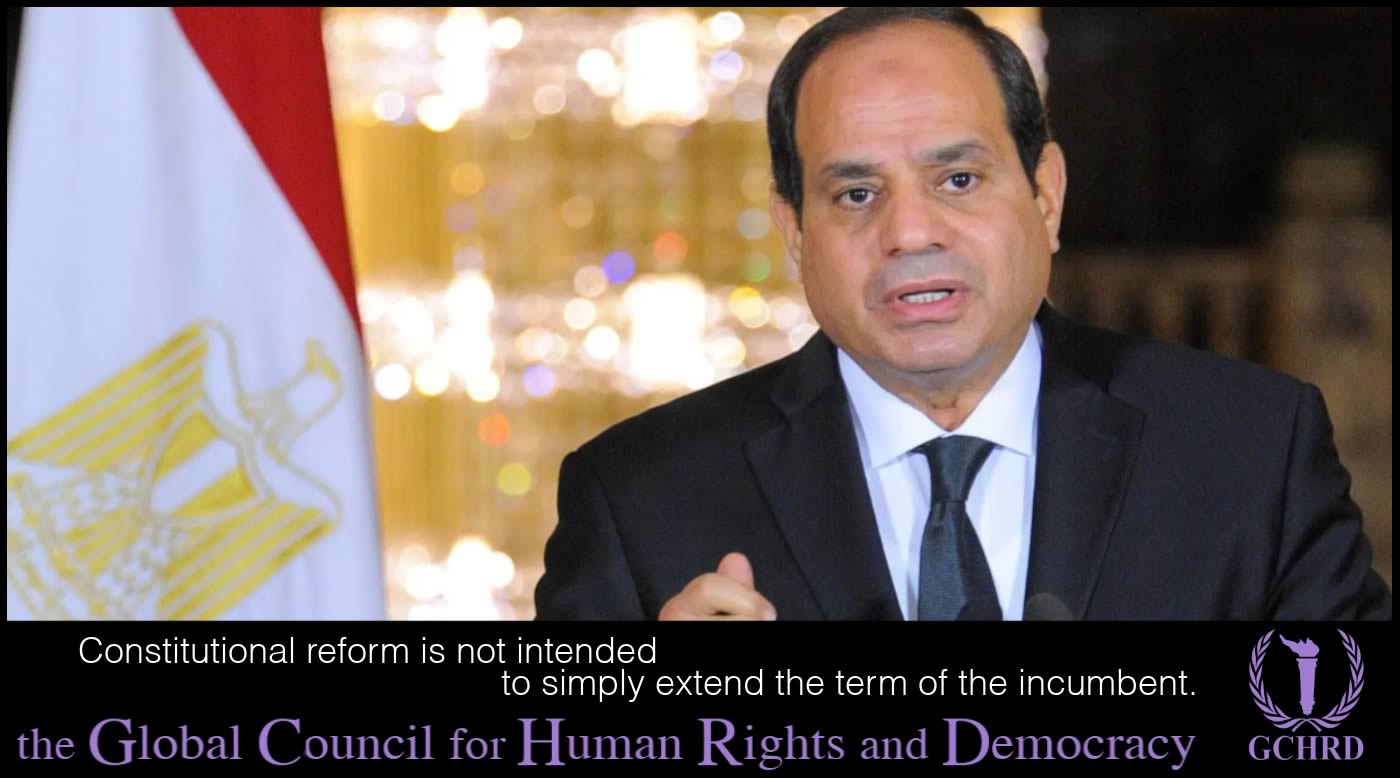
fighting corruption - cronyism, conflict of interest, recusal obligations, lobbying, ethical code of conduct, permanent suspension for unlawful activity, abuse of government resources, accounting and reporting standards, operation of committees, representative public input, protections and penalties
government transparency - very few aspects of governance require secrecy, all other activity and information must be transparent.
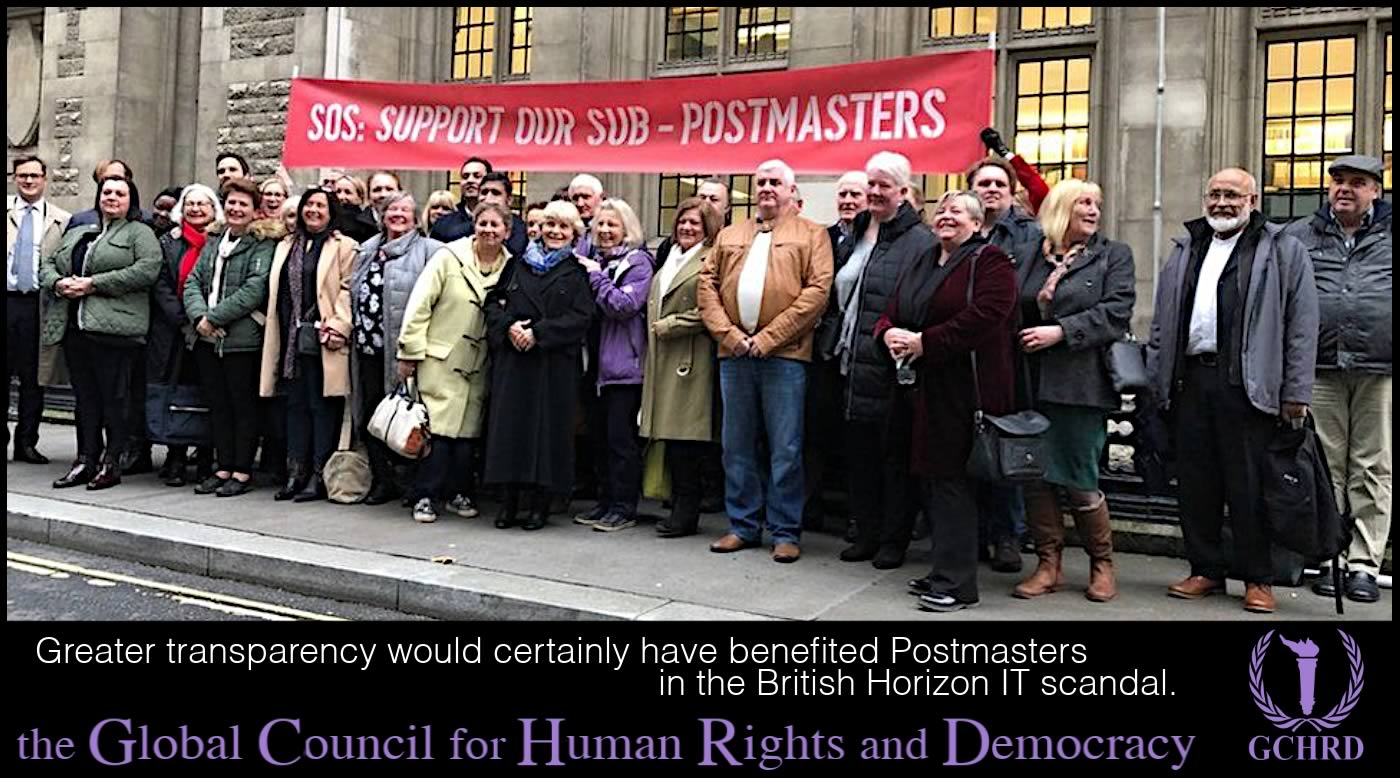
good governance - citizens have a right to expect good governance: the timely and efficient execution of the planning, procurement, implementation and administration of the collective operational needs and goals of the people, and the peaceful, collaborative, and effective engagement with the international community
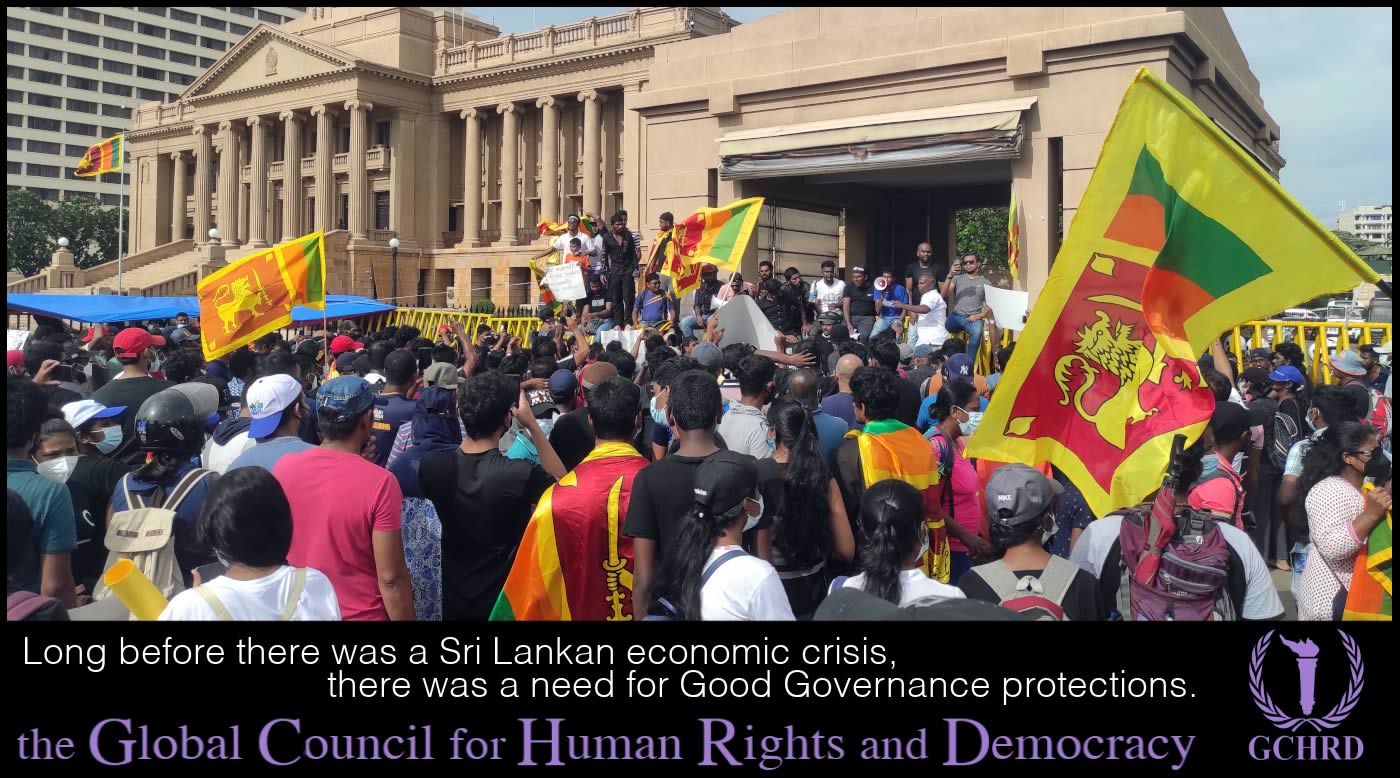
military allegiance - ensuring that the primary obligation of every military is defence of the people
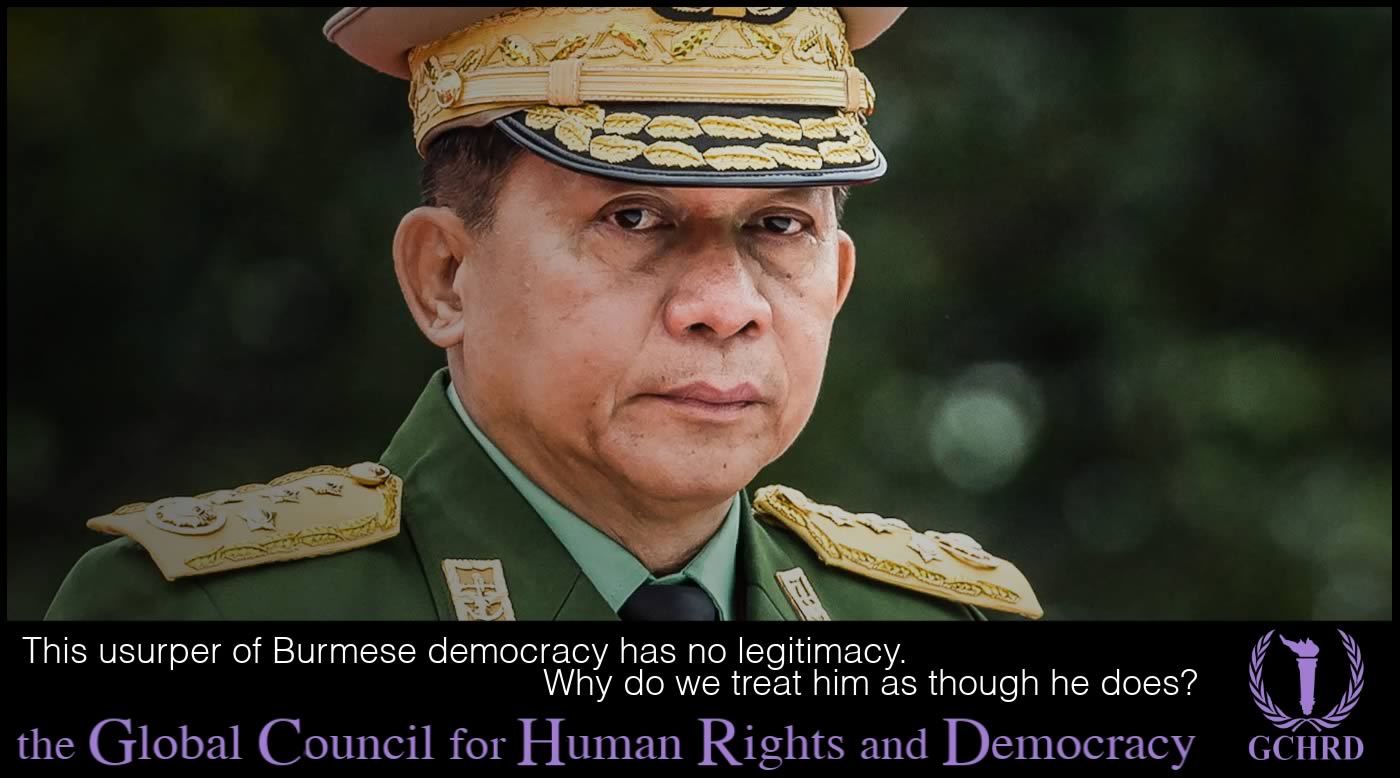
enforcement - an internationally accepted set of process standards would certainly go a long way to reducing the frequency and severity of the worst democratic outcomes, but ultimately there is still a need for a robust international treaty to to swiftly deprecate and remove people who attempt to proceed with illegitimate mandates. The overwhelming toll of inaction has brought far too many countries to economic and social failure.
Even a small set of only the most obvious triggers for action, would dramatically reduce the frequency of the worst outcomes and build confidence to refine the definitions of actionable behaviours in the future.
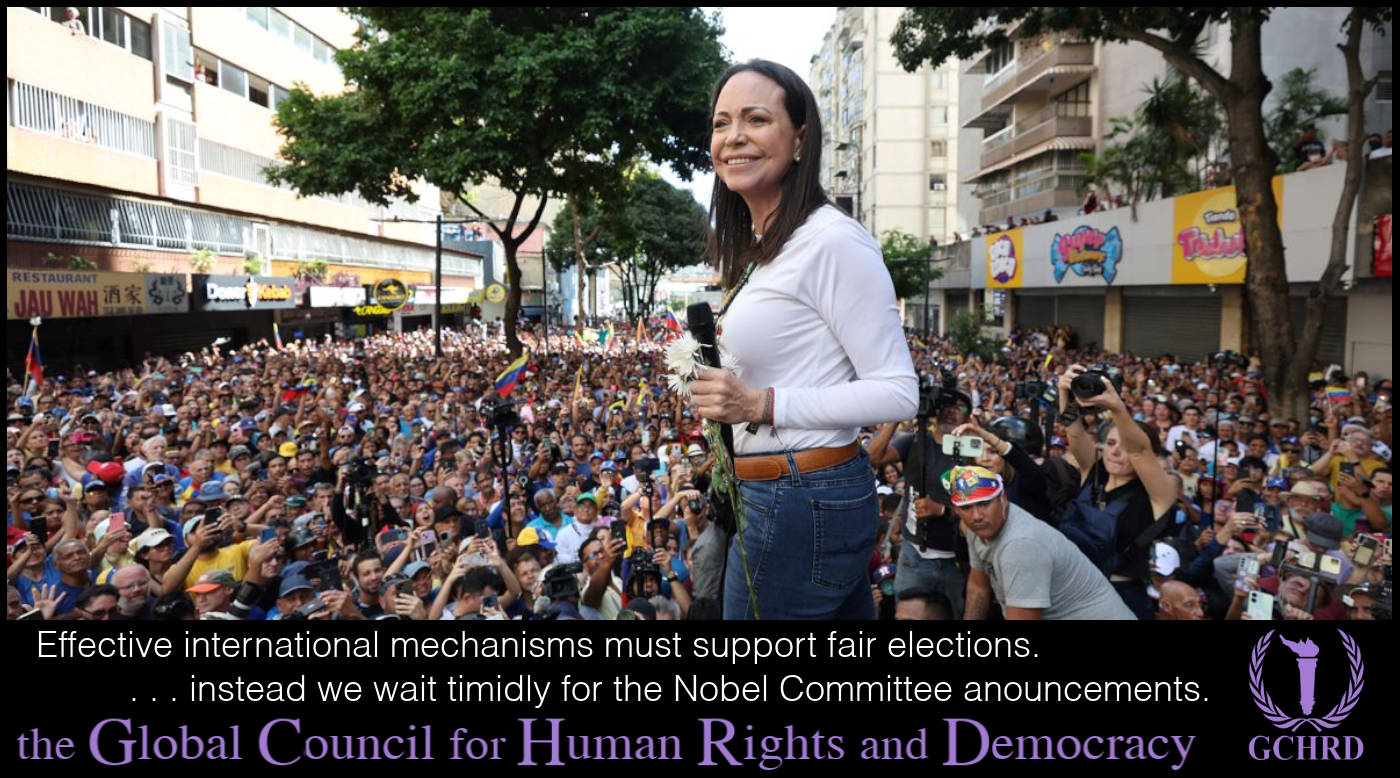
public civics education - it is a fundamental responsibility of government to ensure the voting public is knowledgeable in civics regulations, rights and responsibilities and therefore capable of both informed voting and effective supervision of the democratic process.
Ultimately it has always fallen to the power of people in the streets, to bring down the worst governments in history.
